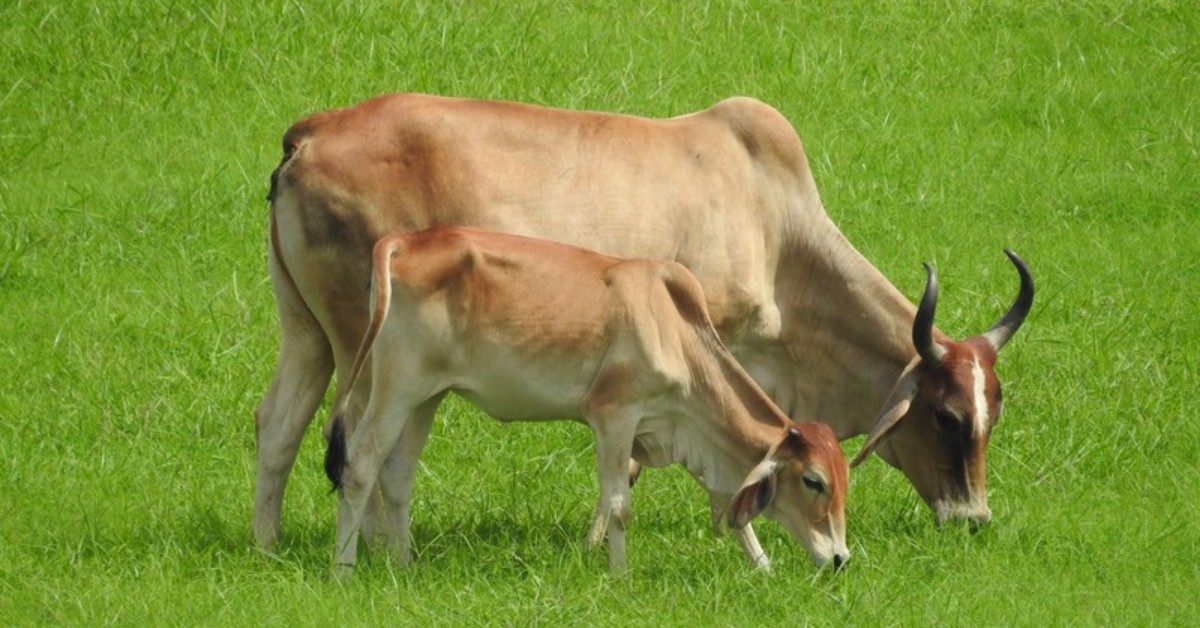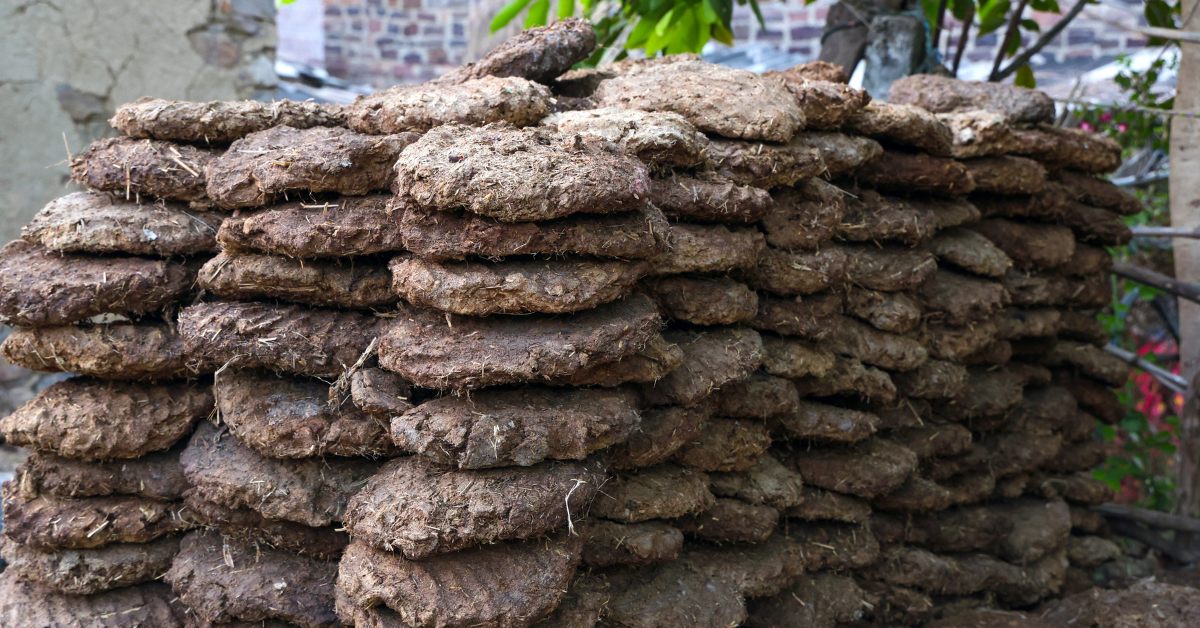The Keeper of Legacy: How One Goan Farmer Has Devoted 45 Years to His Cows and His Calling 🐄
- Admin
- Apr 10, 2025
- 3 min read
🌿 In the serene village of Aldona, Goa, where the rustling of palms whispers ancestral stories and the fields breathe centuries-old traditions, lives a humble man who has become a living embodiment of devotion — Krishna Kerkar. For 45 unwavering years, Krishna has nurtured not just his cows, but a 100-year-old legacy that pulses in every hoofbeat and heartbeat of his herd.
👨🌾 The Bloodline of Earthkeepers
Born into a family where cattle rearing was more than livelihood — it was reverence — Krishna inherited a way of life shaped by resilience, compassion, and simplicity.
“My father was in this line for over 60 years… I just continued the path laid before me,” he shares, eyes gleaming with a quiet but fierce pride.
Once blessed with many bulls, his family’s herd has thinned over the years. Yet what remains is not just livestock — it is soul-stock. They are his kin, his companions, his dharma.
🔧 The Road Less Taken — And Walked Daily
After finishing his SSC, Krishna enrolled at ITI Karaswada, Mapusa, aspiring for a modern career, a government post, a stable salary. “I tried… interviews, political influence — nothing worked,” he recalls with neither bitterness nor regret.
Disillusioned, he returned to the soil. Not as a fallback, but as a return to roots. “I’ve known this land since childhood,” he says. “Now my wife and children join me. We do this together.”

🕰️ A Day in the Life of Devotion
His day begins before sunrise — at 6 AM, gathering dung, feeding, milking. By 9 AM, he walks them to graze, and again at 5 PM. Between these rituals, Krishna finds purpose. Even during weddings or festivals, he never misses a grazing session.
“They know me. When I call, they walk back home themselves,” he says with a smile. “They are not animals to me — they are my family.”
💸 Challenges That Don’t Break, Only Bend
Despite his steadfastness, Krishna admits the truth: cow rearing is a sacrificial art in modern times. Rising fodder prices — now nearly ₹20,000/month — and declining demand for natural resources like cow dung add to the weight.
A past injury left him with a persistent backache. Yet, he soldiers on. His daughters now help with cleaning and lifting. His spirit remains unbent.
“There’s no profit. No savings. Just sustenance and a lot of love. That’s all.”

🧬 A Tradition at Risk, A Legacy to Protect
The younger generation, Krishna says, has drifted toward office chairs and city lights — understandably.
“They’ve seen us toil in sun and storm. They want a different life. And honestly, with nothing left at day’s end, how can I blame them?”
But his message is clear — the soil sustains not just crops, but character.
“Fieldwork keeps the body healthy and the heart grounded,” he muses, recalling days when they used to pull water with ropes from deep wells. “Hard work was our fitness.”
🌱 The Forgotten Wealth Beneath Hooves
Krishna still treasures the power of cow dung — an ancient, now neglected, rural resource. Once a prized commodity sold at 25 paise a piece, used as fuel, floor coating, and manure, it has now been replaced by synthetic chemicals and modern flooring.
“People used to dry thousands of dung cakes. Now, we barely make a few hundred — mostly for our own use. The demand is gone. But the value? Still priceless.”
Even today, Krishna enriches his fields with cow dung — not for profit, but for principle. “It is nature’s gift — it doesn’t pollute, it heals.”
🌄 The Final Word: A Life of Quiet Greatness
In an era where the world runs fast and forgets faster, Krishna Kerkar reminds us of the power of stillness, service, and soul-aligned labor.
He isn’t rich by society’s standards. He doesn’t seek fame or applause. But his story echoes through the fields of Aldona — a silent symphony of duty, devotion, and dignity.
✍️ Editorial Reflection: Lessons from the Fields
In Krishna’s story lies a deeper truth — one we must urgently remember.
🌾 Legacy isn’t in buildings or bank accounts. It lives in values — in soil-stained hands, sunburnt shoulders, and hearts that beat in sync with nature.
As young Indians race toward innovation and urban ambition, may they pause to honor those who have quietly preserved our roots. Let us not forget the farmers, the cowherds, the Krishna Kerkars of our nation, whose life’s work is the unspoken poetry that feeds our collective future.
Comments